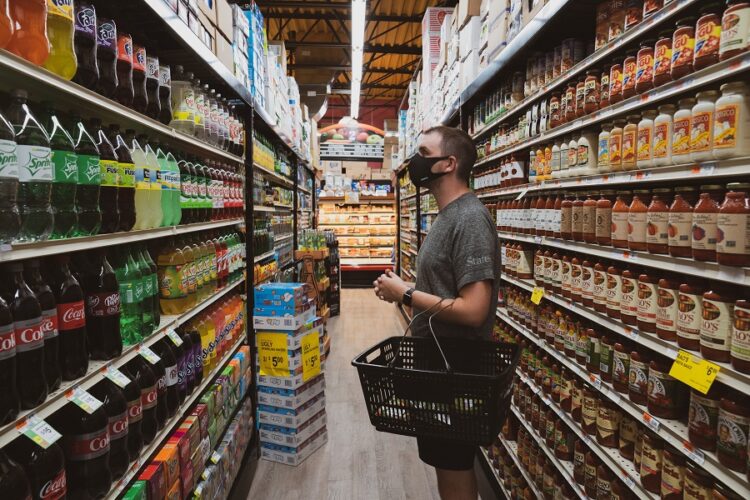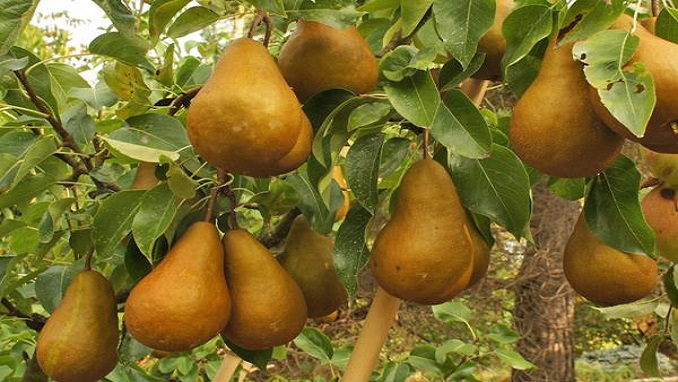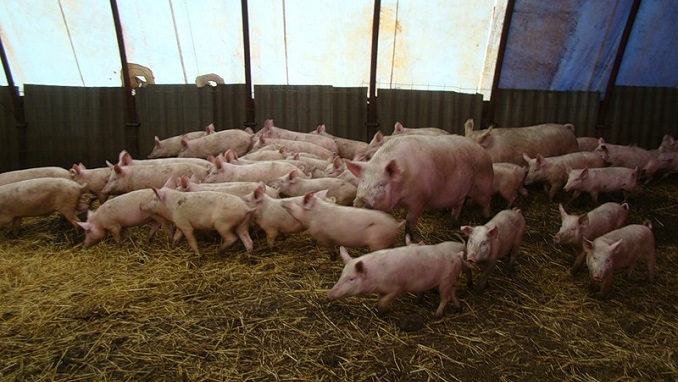In 2023, millions of people will bear the risk of starvation as a result of the sharp increase in fertilizer prices which in addition to inflation, further contributes to the global food crisis.
According to research published in Nature Food by Peter Alexander of the School of GeoSciences at the University of Edinburgh, the prolonged conflict in Ukraine poses a threat to the availability of affordable food worldwide.
Major fertilizer manufacturers Russia and Ukraine have seen a rise in fertilizer costs worldwide since the start of the war last year.
According to the report, price surges for energy and fertilizer may push up costs by a staggering 74% and make them 81% higher than in 2021.
“Increases in food prices seen over the past year were not only caused by disruptions to international trade in food commodities but more fundamentally by higher costs for agricultural inputs, such as fertilizer. These increases in costs such as fertilizers lead to higher food prices both directly by adding costs to farmers and indirectly by encouraging their use to be reduced, with consequences for crop yields. The reductions in agricultural production that result from lower fertilizer input further drive up food commodity prices,” the study said.
Alexander believes that because the issue won’t be resolved any time soon, farmers will begin utilizing more land to make up for their losses, which would result in significant deforestation.
The study found that calculations suggest that by 2030, the amount of agricultural land used worldwide may rise by an area the size of Western Europe. This would have a significant impact on carbon emissions and biodiversity loss.
The public will continue to face severe food price inflation throughout 2023, even in nations with greater incomes. The circumstance will be even worse for individuals living in less developed regions of the planet.
According to Russian Deputy Prime Minister Viktoria Abramchenko, nations are starting to see that avoiding Russian mineral fertilizers would not be advantageous. The West has already softened its tone to allow commerce to restart.
Abramchenko hinted at a terrible outcome when he remarked that “unfriendly” governments have started to learn that it is hard to reject mineral fertilizers, including Russia’s. He continues by saying that in order to restore such commerce, unfriendly nations’ official positions would shift.
The deal to reopen grain, food, and fertilizer supplies in the Black Sea was signed by Ukraine and Russia on July 22, 2022, despite hostilities. Turkey and the UN worked as mediators to reach an accord.
With the option of an extension with the signatories’ approval, the agreement’s initial expiration date of November 19 had been set. It was prolonged by 120 days on November 17.
The bulk of ships bringing grain from Ukraine arrives in Europe rather than the world’s poorest countries, according to Russian President Vladimir Putin, who has said this on multiple occasions.
He has also expressed worry that Russian grain and fertilizer supplies are not reaching international markets in accordance with the contract, which further contributes to the global food crisis.
According to Alexei Yerkhov, the Russian ambassador to Turkey, while Kyiv blocks the restart of ammonia deliveries, Latvia, Estonia, and Belgium are still keeping Russian agricultural items at their ports.
To help curb food shortage, the UN FAO and WTO conducted a study and made a number of strong suggestions to the G20 governments, an international body made up of 19 nations and the European Union, all of which were aimed at reducing problems with the food supply caused by the shortages.
The WTO and FAO study recommends “mobilizing foreign financial help” and putting in place instruments like “fertilizer contract swaps” to do this while reducing farmer expenses.
Moreover, in late November last year, a press release confirmed the relaunch of operations of Lithuanian fertilizer manufacturer Lifosa, a subsidiary of the Swiss EuroChem Group AG.
“With the need to continue fertilizer supplies to key target markets in Europe and the Americas and the importance of Lifosa to Lithuania, we are pleased that we will be able to restart production in the short term,” Brikho noted.
The announcement further emphasized that removing restrictions on obtaining premium raw materials from EuroChem would allow Lifosa to once again meet the high cadmium limits imposed by the EU Commission.



